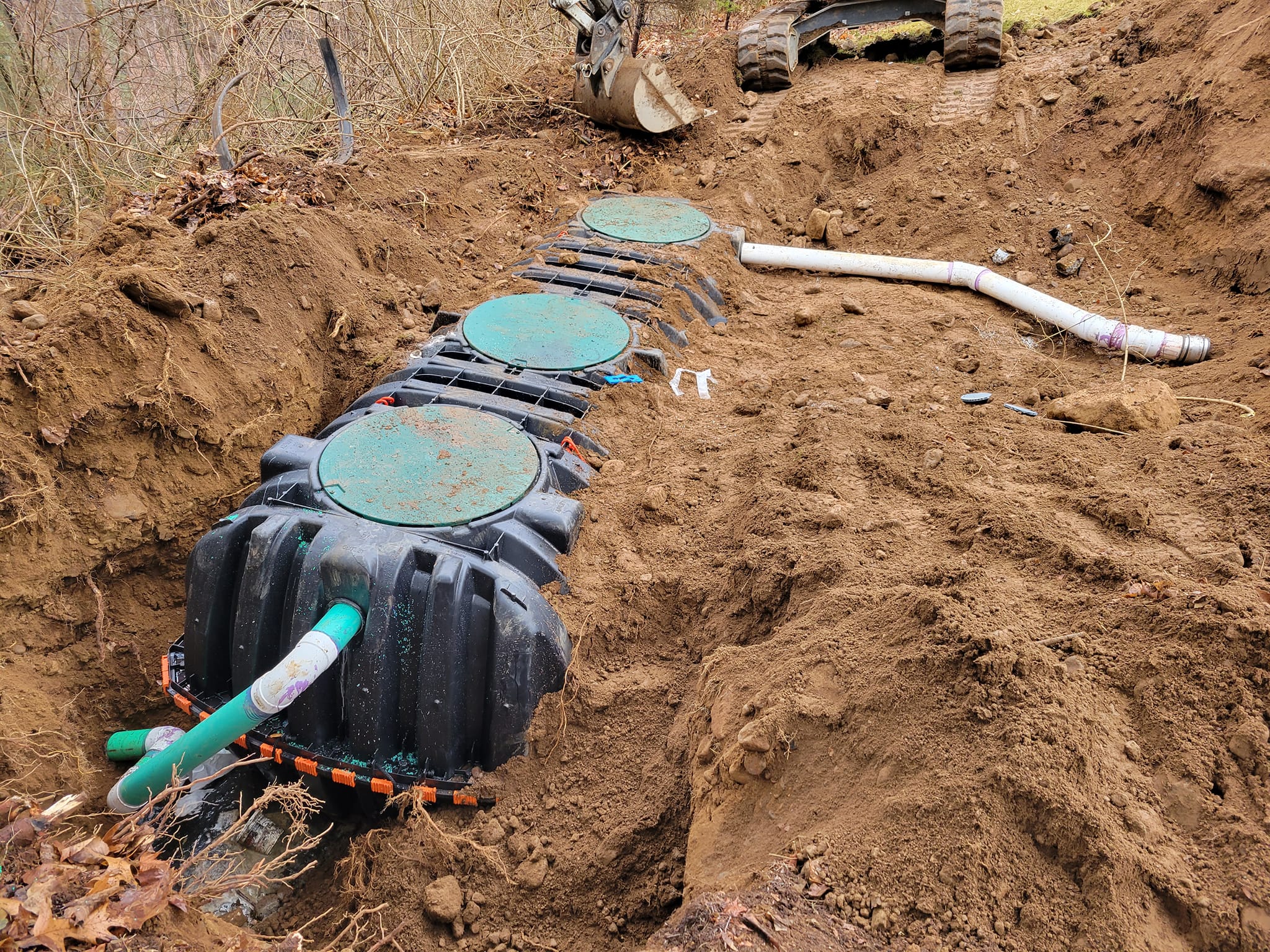
Septic System Additives: Do They Really Work and Are They Worth It? Oct 24, 2025
To understand the debate surrounding septic system additives, it’s essential first to grasp how a septic system functions. At its core, a septic system relies on naturally occurring bacteria to break down organic matter in the wastewater. These bacteria are crucial, as they decompose solids into liquid form, allowing for the separation of waste components. Proponents of septic system additives claim these products boost bacterial activity, thereby enhancing system performance.
There are two primary types of septic system additives: biological and chemical. Biological additives supplement the existing bacteria with enzymes and additional microorganisms, purportedly aiding in the decomposition process. Chemical additives, on the other hand, often comprise acids or alkalis intended to break down clogs physically or chemically. The fundamental question remains: do these additives provide measurable benefits?
For biological additives, the jury is still out. While it's true that these products introduce more bacteria into the system, research suggests that a properly maintained septic system typically contains sufficient bacteria to function efficiently. The existing bacteria can thrive without outside interference, as long as the system isn't overwhelmed with non-biodegradable materials, like grease, oils, and harsh chemicals.
Chemical additives raise more concerns. While they may offer a quick fix for certain blockage issues, their harsh compounds can disrupt the natural bacterial balance. More importantly, misuse of chemical additives can cause serious damage to the septic tank and the surrounding soil. Many septic professionals, including our team at Nick's Septic and Excavation, advise against using chemical additives for fear of long-term damage to the system's delicate ecosystem.
When considering septic system maintenance, it's clear that preventative measures surpass the need for additives. Regular inspections, timely pumping, and mindful water usage remain the cornerstones of effective septic system care. Implementing practices such as conserving water, diverting roof drains, and avoiding the flushing of non-biodegradable products can significantly enhance the lifespan and efficiency of a septic system.
In summary, while septic system additives may seem like an attractive solution for homeowners looking to optimize their system, their effectiveness is questionable at best. Biological additives may occasionally assist systems in distress, but regular and thoughtful maintenance often provides more reliable results. Chemical additives, meanwhile, should be used with caution, as their potential for harm can outweigh their benefits. At Nick's Septic and Excavation, we believe that the focus should remain on regular maintenance and the informed use of home plumbing practices. This approach not only preserves the integrity of your septic system but also ensures its functionality for years to come. If you have any questions or concerns about your septic system, our team is always available to provide professional guidance tailored to your needs.
/filters:no_upscale()/media/e491f599-15bf-420d-820c-7c0945153d7c.jpeg)
/filters:no_upscale()/filters:format(webp)/media/a4d2e976-c622-4855-a451-35191e78c30d.jpeg)